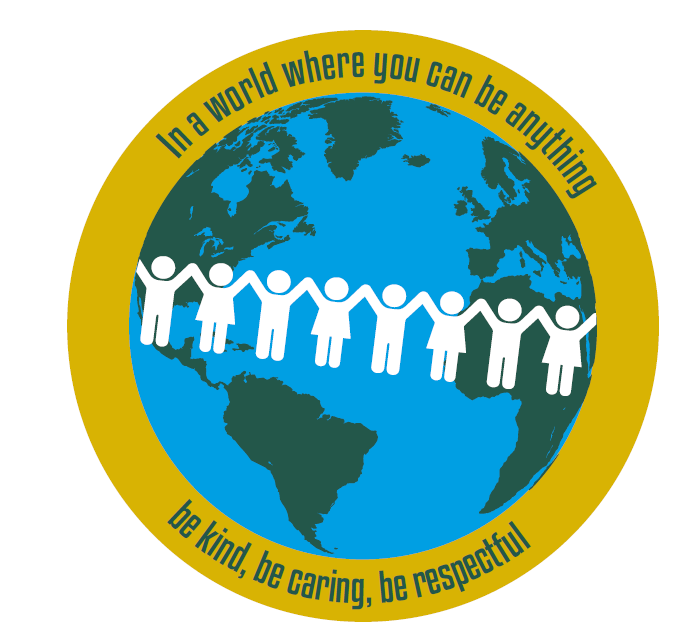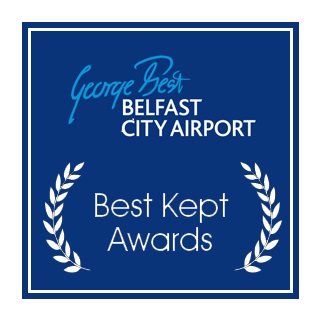Introduction
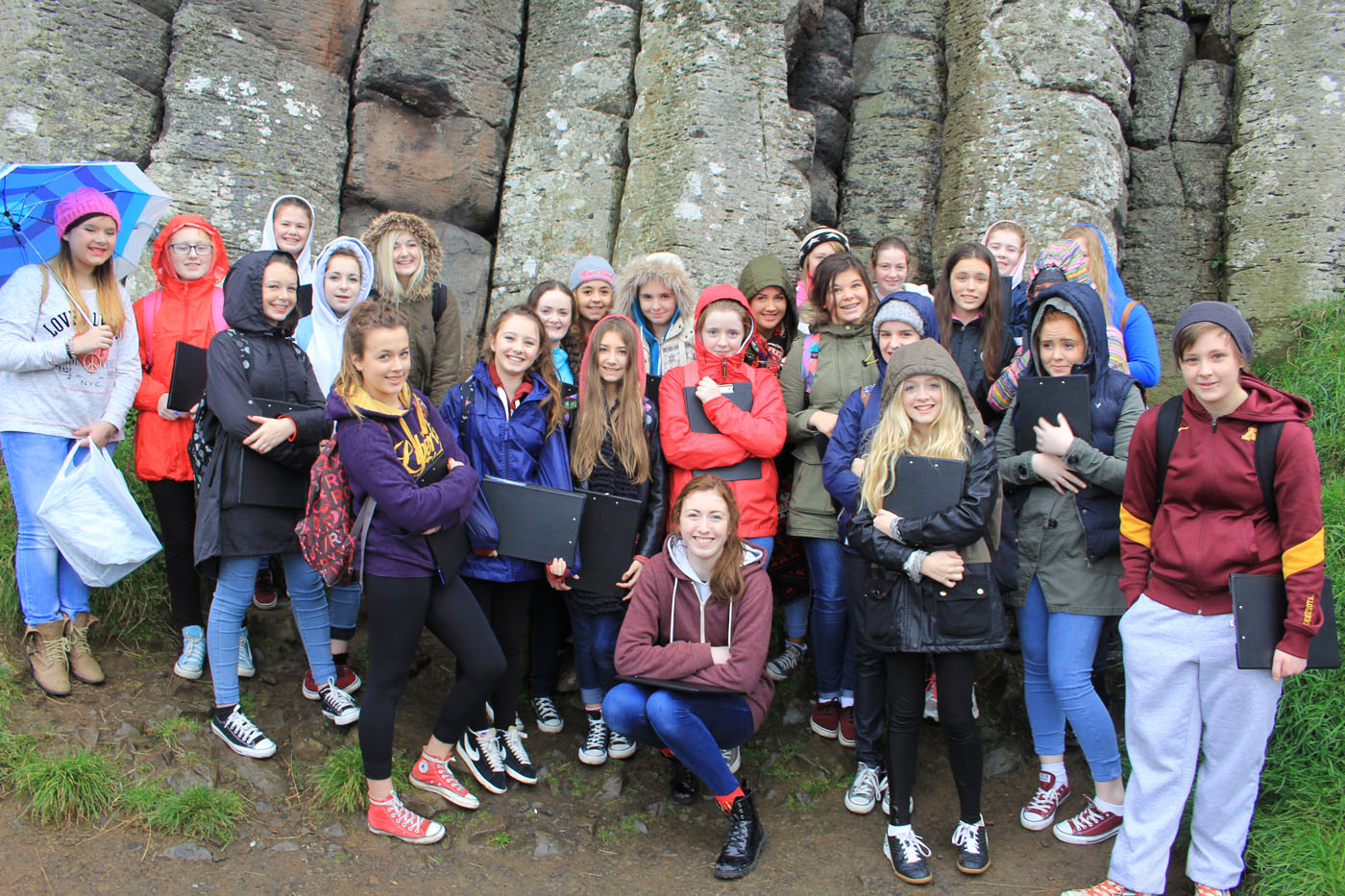 Geography is an integral part of the curriculum at Thornhill College at all Key Stages. The aim of the Geography Department is to provide stimulating and varied learning experiences that allow pupils to develop a real appreciation of the World around them.
Geography is an integral part of the curriculum at Thornhill College at all Key Stages. The aim of the Geography Department is to provide stimulating and varied learning experiences that allow pupils to develop a real appreciation of the World around them.
Specifically our programmes of study aim:
- to develop pupils’ knowledge and understanding of people, places and processes in the world, both locally and beyond;
- to provide pupils with opportunities to develop their practical, analytical, numerical and communication skills;
- to develop the pupils' ability to present, analyse and interpret information from primary and secondary sources;
- to make use of ICT and other tools to enhance learning.
Fieldwork
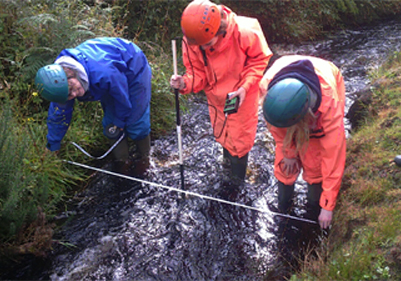 Fieldwork investigations and the fun, experiential learning opportunities they provide are an integral component of the Geography curriculum across all Key Stages in Thornhill College. For example some of the fieldwork opportunities utilised include:
Fieldwork investigations and the fun, experiential learning opportunities they provide are an integral component of the Geography curriculum across all Key Stages in Thornhill College. For example some of the fieldwork opportunities utilised include:
- Environmental surveys;
- Tourism studies;
- Visits to the Marble Arch Caves in Co. Fermanagh;
- Visits to the Giant's Causeway in Co. Antrim;
- A river study of the Curly River in Co. Derry;
- A study of plant succession along the Umbra Dunes Psammosere in Co. Derry.
KS3 Geography
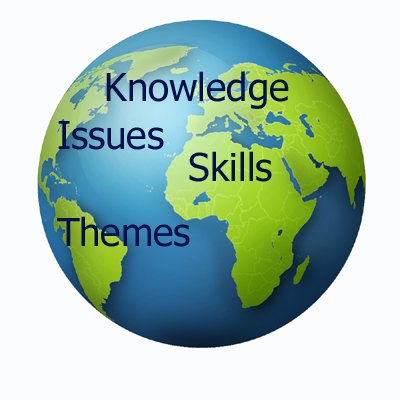 All pupils study Geography in Years 8, 9 and 10. Our KS3 Programme provides varied and interesting learning experiences under the following headings:
All pupils study Geography in Years 8, 9 and 10. Our KS3 Programme provides varied and interesting learning experiences under the following headings:
- Geographical Skills (mapwork, research, data collection, data presentation / handling, analysis, reaching conclusions, evaluation, presentation and communication skills).
- Geographical Themes (rocks and processes of landscape development, weather and climate, ecosystems, population, settlement, economic activities, energy).
- Places and Locational Knowledge (physical and political locational knowledge at the local, regional, national and global scale).
- Issues (environmental issues, world development issues and issues of sustainability).
- Contribution to Educational Themes (ICT, literacy, numeracy, employability, CEIAG, cultural heritage, health education, economic awareness, education for mutual understanding).
ICT in Geography
ICT is utilised by the Geography Department at all Key Stages to enhance our pupils’ learning experience within the Geography curriculum. Furthermore the department contributes to the development and assessment of students ICT skills within Key Stage 3. Our pupils are given many opportunities to research information, create presentations, analyse data, and record findings using a number of different software applications.
GCSE Geography
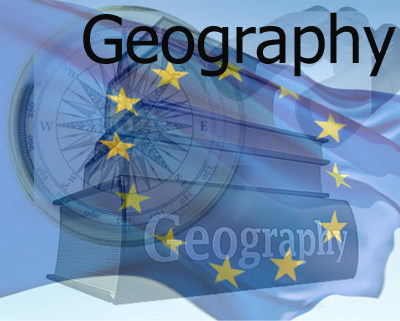 The GCSE Geography specification helps our students develop:
The GCSE Geography specification helps our students develop:
- Their knowledge and understanding of geographical concepts, appreciating how these concepts affect our changing world.
- Spatial awareness to appreciate the importance of the location of places and environments from local to global.
- An appreciation of the differences and similarities between people’s views of the world, its environments, societies and cultures.
- An understanding of the significance of values and attitudes to the development of resolution of issues.
- An awareness of their responsibilities as global citizens and recognition of how they can contribute to a future that is sustainable and inclusive.
- The ability to apply their learning to the real world through fieldwork opportunities.
- The ability to use geographical skills, appropriate technologies, inquiry and analysis.
There are three compulsory modules which make up GCSE Geography. These are:
Unit 1 - Understanding Our Natural World (The Dynamic Earth, Our Changing Weather & Climate & The Restless Earth)
(Assessed by a written examination lasting 1hr 30mins at the end of Year 11 worth 37.5% of GCSE Geography).
Unit 2 - Living in Our World (People & Where They Live, Contrasts in World Development & Managing Our Resources.
(Assessed by a written examination lasting 1hr 30mins at the end of Year 13 worth 37.5% of GCSE Geography).
Unit 3 - A fieldwork based controlled assessment
(Assessed by a 2000 word report of a fieldwork investigation Year 12 worth 25% of GCSE Geography).
A-level Geography
 The A-Level Geography specification helps our students develop:
The A-Level Geography specification helps our students develop:
- An understanding of geographical concepts and processes to understand and interpret our changing world.
- An awareness of the complexity of interactions within and between societies, economies, cultures and environments at scales from local to global.
- As global citizens who recognise the challenges and implications of sustainability.
- As critical and reflective learners.
- As users of new technologies.
AS Geography
There are two compulsory modules in Year 13 which make up AS Geography. These are:
- Unit 1 - Physical Geography & Fieldwork Skills (Fluvial Systems, Ecosystems & Meteorology
- Unit 2 - Human Geography & Skills & Techniques (Population, Settlement & Development
Both of these modules are assessed by a written examination lasting 1hr 30mins and are worth 50% of AS and 25% of A-Level Geography.
A2 Geography
There are two compulsory modules in Year 14 which make up A-Level Geography. These are:
- Unit 1 – Human Geography and Global Issues (Impact of Population Change, Planning for Sustainable Settlements & Issues in Tourism)
- Unit 2 - Physical Geography and Decision Making (The Dynamic Earth & The Nature & Sustainability of Tropical Ecosystems)
Both of these modules are assessed by a written examination and are worth 25% of A-Level Geography. The exam for Unit 1 lasts 1hr 30mins while the exam for Unit 2 Physical Geography and Decision Making lasts 2hrs 30mins.
Geography Can Take You Places…..
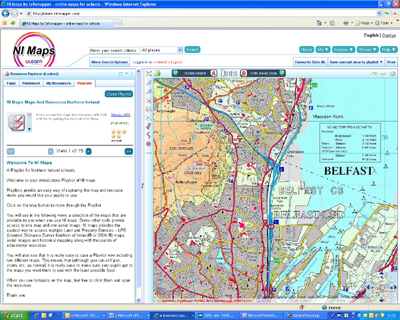 Statistics show, “compared to other subjects Geography students and graduates are among the most employable” (Royal Geographical Society). This is because they possess the skills that employers look for. In part this is because the subject is a combination of facts, science and the understanding of the arts.
Statistics show, “compared to other subjects Geography students and graduates are among the most employable” (Royal Geographical Society). This is because they possess the skills that employers look for. In part this is because the subject is a combination of facts, science and the understanding of the arts.
Geographers can:
- Make a concise report;
- Good communicators
- Excellent at handling data;
- Spatially aware;
- Able to ask questions and find the answers;
- Socially and environmentally aware;
- Able to make decisions about an issue;
- Computer literate;
- Good team players;
- Problem solvers;
- Well rounded flexible thinkers.
Geography tackles the big issues of: environmental responsibility, global interdependence, commerce, trade, industry, cultural understanding and tolerance. The world in which we live is likely to change more in the next 50 years than it has ever done before. Geography explains why this is so and helps prepare you for those changes!
Geography as a social science is an extremely valuable subject and offers opportunities in a wide range of career pathways including:
- Climatology
- Cartography
- Coastal Management
- Demography
- Environmental Consultant
- Environmental Planning
- Environmental Science
- Environmental / Land Law
- Geology
- Geophysics
- G.I.S.
- Hydrology
- Leisure & Tourism
- Meteorology



